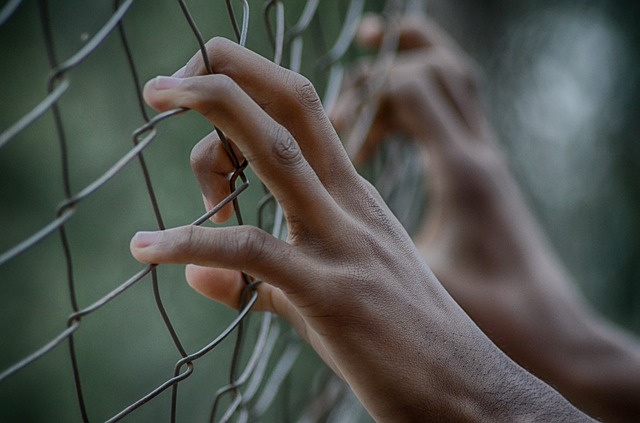In Tough Neighborhoods, Can High-School Mental Health Counselors Cut the School-to-Prison Pipeline?

When he was 16, DeMarrco Nicholson came home to find his mother unresponsive in the bathroom of their Washington, D.C., apartment, dead from sudden heart failure. In a matter of weeks, he was separated from his siblings, thrown into foster care and bounced from group home to group home in Anacostia, one of the poorest, high-crime neighborhoods in the nation’s capital.
After struggling for a year, Nicholson’s self-control cracked, and he violently lashed out, kicking and punching lockers, and threatening other students. It was the kind of episode that commonly ends in suspension or even arrest and puts teenagers — especially in neighborhoods like Nicholson’s — into what’s known as the “school-to-prison pipeline.” Forced out of school for bad behavior, unsupervised kids can get into even more trouble, wind up in the juvenile justice system and enter a spiral that becomes difficult to escape.
His school took a different tack. Instead of being disciplined for his outburst, Nicholson was greeted by a school-based therapist, who spent the rest of the day talking to him and learning about the traumatic experiences that brought him to that breaking point.
Today, Nicholson credits those sessions with helping him cope with the trauma of his mother’s death.
A growing number of school districts, like the District of Columbia school system, are beginning to provide comprehensive mental health services on campus, seeing it as not just a service to students, but a key way to keep lives on track, keep kids out of the justice system, and to treat problems before they get out of hand.
Health experts say for a large proportion of students who act out, the bad behavior is rooted in untreated mental health problems, conditions like depression or anxiety or more serious illnesses like bipolar disorder that often show their first symptoms in adolescence. Often, the illnesses are triggered by the kind of traumatic experiences that Nicholson went through.
Read the full article in Politico online.



